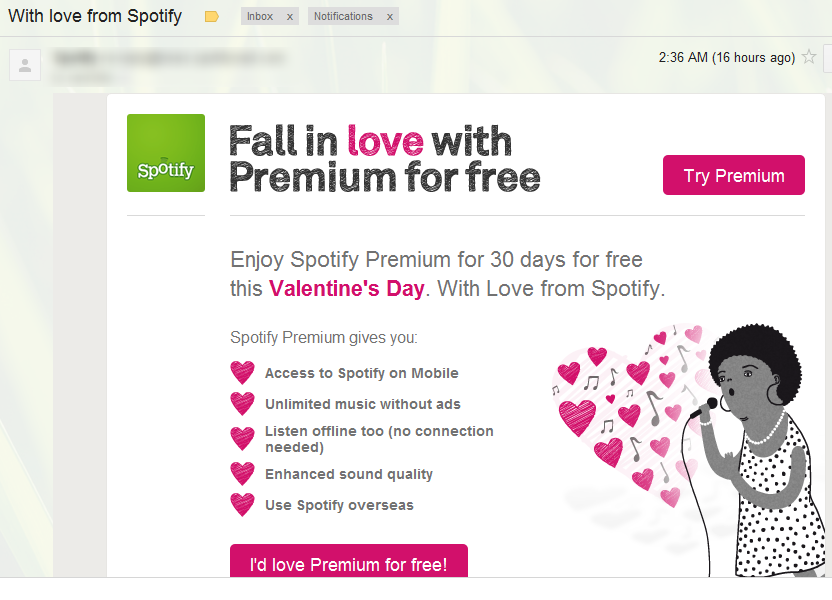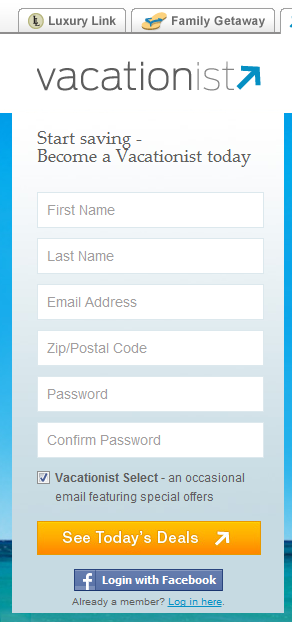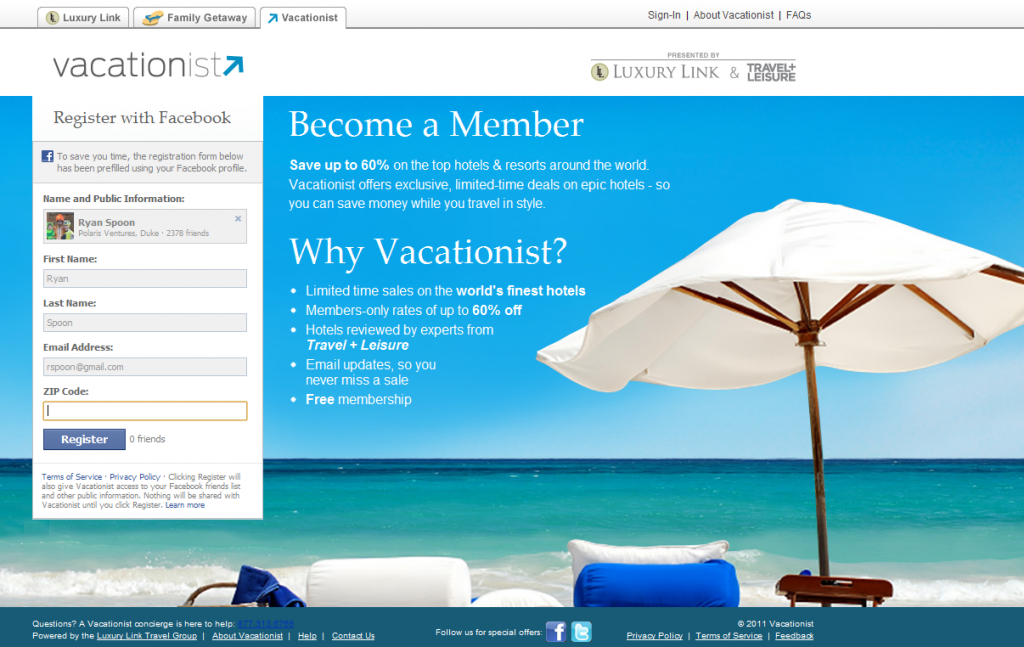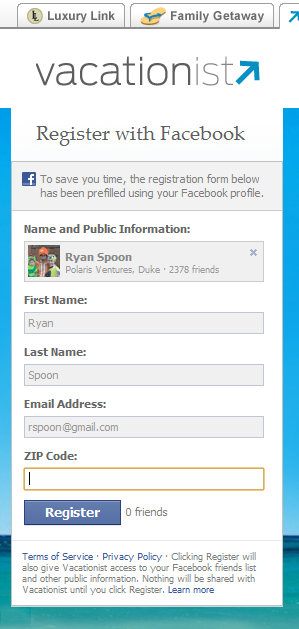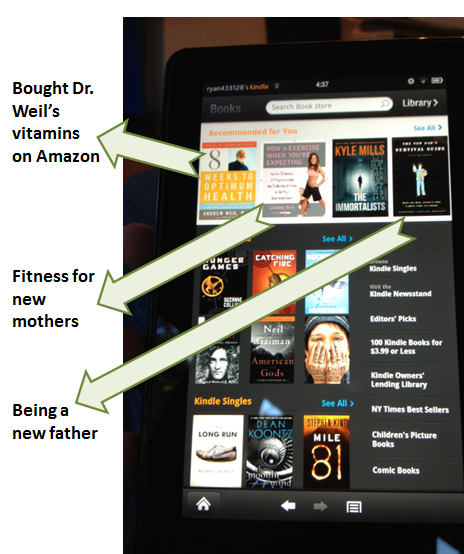I am late to the game on publicly dissecting Facebook's S-1 filing and the business data they shared. There are many good reviews (two here: Dan Fromer and Bill Gurley). I wanted to throw my bullish opinions in from a very high business level, rather than from a valuation / financial / data perspective... sure it's a simplistic way to view it, but I think it is helpful.
1. They have a real business and they aren't even trying.
Simply put: Facebook is a great business today... and they haven't really focused on it. Examples of that are in the below bullets, but even onsite monetization efforts are far from optimized and efficient. And that's not a knock on Facebook in any way: their focus has rightly been on growth and engagement ahead of revenue optimization. That will change over time and the business will become more efficient - both on and off Facebook.
2. Facebook Connect is a huge threat to Google AdSense.
Google AdSense is a meaningful part of their business (ie $2.48 billion, or 28% of total revenues, in Q2 2011). Facebook's convoy is Facebook Connect and the Facebook Like buttons - already integrated directly onto 1,000,000+ of websites. You think publishers won't gladly swap out some javascript for a better integrated product and consequently better ad performance? Most publishers are already frustrated with Adsense's performance (inventory, monetization, etc) and I believe advertisers will gladly adopt Facebook Offiste Ads because they will be more relevant, less susceptible to fraud, will be social / personal and therefore will perform better.
3. Facebook = identity more than Facebook = social network. and
4. High switching cost.
Facebook has become more about personal identity than it has about social networking. Even if you choose never to share photos or post status updates - you would struggle to navigate the web without Facebook. This is a powerful position for Facebook from a publisher and product perspective. For instance, it means that publishers are more reliant on Facebook and more inclined to adopt new features (ie the offsite ads example above). And for consumers, it means that Facebook has terrifically high switching costs. From a social network perspective: this *is* where your friends and your data already is. And from a non-networking perspective: Facebook holds your web identity that that has a profound impact on your entire web experience. Leaving Facebook would dramatically change your online experience, behavior, etc. Hypothetically - as an example - I could imagine giving up on Facebook.com - but could not imagine deleting my account.
5. Facebook credits & payments.
Identity is the root of payments... and Facebook has an opportunity to be my wallet. People already fund Facebook to play games - but the opportunity is bigger. I be able to transfer money to friends, subscription services, etc. Not unlike PayPal, Apple, and other payment platforms... but Facebook again in a great position because: developers are already aboard (imagine a buy with Facebook button), identity is already solved (and thus a large portion of fraud), everyone has Facebook mobile (mobile will be key to payments), and people have already shown a willingness to carry Facebook balances. Now to move beyond virtual goods and gaming, Facebook needs to shift their 30% take rate (ie it simply doens't work for e-commerce) - but the opportunity is big enough that they can and should think through that.
6. Mobile.
Mobile is arguably one of Facebook's biggest strengths (425m actives in December from an overall base of 845m) despite arguably their worst product. Their mobile products will improve and the massive adoption has implications for new revenues (currently no mobile ads), new opportunities (ie payments) and new businesses (a Facebook phone does indeed make sense!).
Disclosure: I have a personal investment / position in Facebook.



